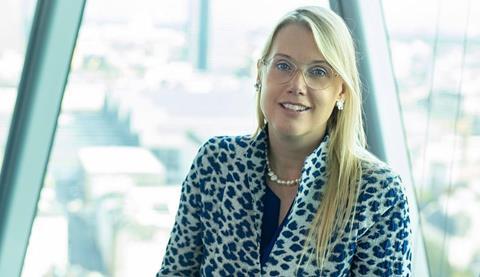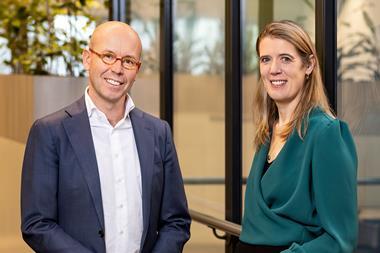In a pivotal speech delivered yesterday before the Economic and Monetary Affairs Committee of the European Parliament, the European Insurance and Occupational Pensions Authority (EIOPA) outlined a comprehensive strategy to bolster economic stability and resilience within the European Union.
Petra Hielkema, EIOPA’s chair, emphasised the pressing need for collaborative action in the face of ongoing economic challenges.
Addressing the committee, Hielkema highlighted the multifaceted economic hurdles faced by the European Union, including geopolitical tensions, the COVID-19 pandemic’s lingering impact, and evolving global trade dynamics.
The speech underscored the necessity of a united approach, advocating for enhanced financial preparedness to mitigate potential future crises.
One of the key focal points Hielkema addressed was reinforcing the EU’s insurance sector.
“In the insurance sector, total assets amount to around €9.5trn, positioning Europe as one of the largest insurance markets globally,” she said.
She highlighted the importance of robust regulatory frameworks, stressing that these frameworks must be adaptable and resilient to address emerging risks effectively. She outlined a series of measures designed to fortify the insurance industry, ensuring that it remains a bulwark against economic uncertainty.

Additionally, Hielkema underscored the significance of technological innovation in the financial sector.
“October is European Cybersecurity month. Our research tells us that close to 70% of SMEs are not covered for the risk of cyber attacks. This is figure is too large,” Hielkema noted.
She lauded the transformative potential of fintech and insurtech, calling for strategic investments and regulatory support to foster innovation and enhance the EU’s global competitiveness.
She also addressed climate change as a central economic challenge, noting the need for sustainable finance solutions. Hielkema advocated for green investments, endorsing the EU’s commitment to becoming carbon-neutral by 2050.
“Both sustainable finance and digitalisation remain high on our agenda, as they continue to have a profound impact on both the insurance and pensions sectors. In both cases, our focus is on supporting the sectors to adapt, to seize the opportunities that arise, while ensuring that policyholders and beneficiaries remain protected,” she said.
Hielkema called for collaborative efforts between regulatory bodies, financial institutions, and policymakers. The emphasis was placed on fostering a comprehensive, integrated approach to navigate the complex economic landscape successfully.
Read the digital edition of IPE’s latest magazine























